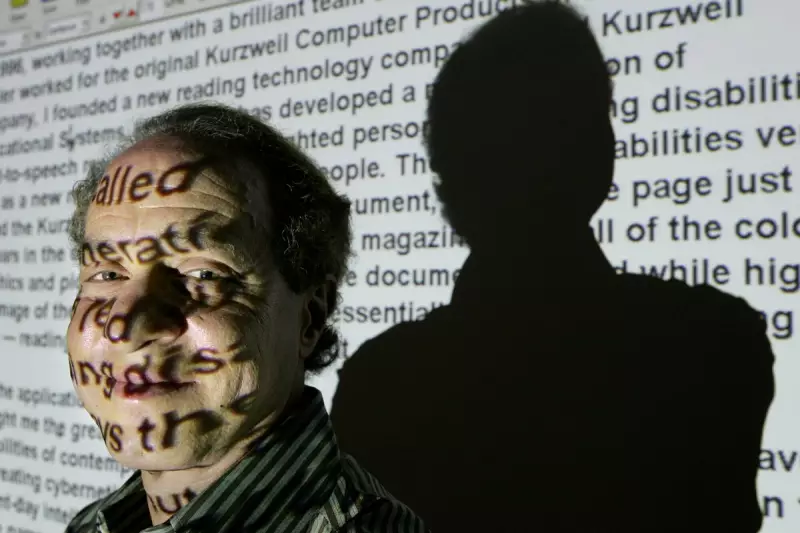
The masters of the digital universe are no longer content with shaping our online lives. A new investigation reveals that Silicon Valley's most powerful figures, including Meta's Mark Zuckerberg and venture capitalist Peter Thiel, are engaged in a multi-billion dollar pursuit of a far more profound goal: conquering death itself and achieving a form of godhood through science.
This modern-day quest for immortality sees tech titans investing staggering personal fortunes into radical life extension and anti-ageing research. Their ambition stretches far beyond developing the next popular app or social platform; it is a fundamental attempt to rewrite the human condition.
The Billion-Dollar Bet on Eternal Youth
These initiatives are not mere hobbies. They represent a significant financial and philosophical shift. Peter Thiel, the PayPal co-founder and early Facebook investor, has publicly expressed his desire to live forever and is a well-known supporter of parabiosis research—a controversial practice involving blood transfusions from young donors.
Similarly, Mark Zuckerberg and his wife, Priscilla Chan, have committed billions through their Chan Zuckerberg Initiative, explicitly aiming to "cure, prevent, or manage all diseases by the end of this century." This monumental goal positions them not as mere philanthropists but as potential architects of a future free from humanity's oldest afflictions.
Beyond Medicine: A Play for Intellectual Dominance
The report further details how this god complex extends into the realm of intellectual prestige. The tech elite are increasingly leveraging their vast wealth to influence and direct the course of scientific discovery itself.
There is a growing trend of "science philanthropy" where billionaires, rather than public institutions or peer-reviewed grant committees, are choosing which research areas deserve funding. This raises critical questions about the direction of science: will it serve humanity's most pressing needs, or the personal obsessions of a handful of ultra-wealthy individuals?
Some critics argue this movement is less about altruism and more about a desire for ultimate control—over their own bodies, over scientific progress, and ultimately, over life and death. The pursuit of Nobel Prizes becomes another facet of this, a bid for legitimacy and a permanent place in the history books.
A New Era of Techno-Deities?
This phenomenon marks a new chapter in the influence of Silicon Valley. Having transformed how we communicate, work, and access information, its leading figures are now using their capital to tackle biology and mortality. They are effectively building a new scientific paradigm, one where the boardroom and the research lab are inextricably linked.
The question remains: are we witnessing a noble, if audacious, effort to improve the human lot, or the ultimate expression of a hubristic tech culture that believes every problem—even death—can be disrupted and solved with enough money and ambition?





